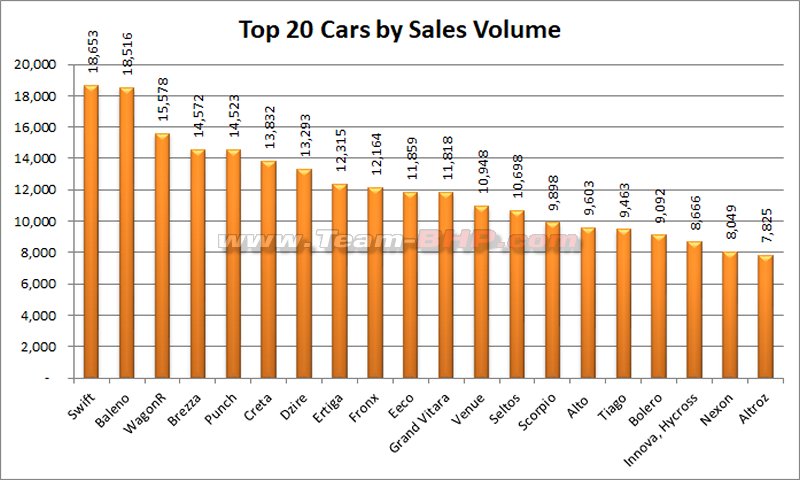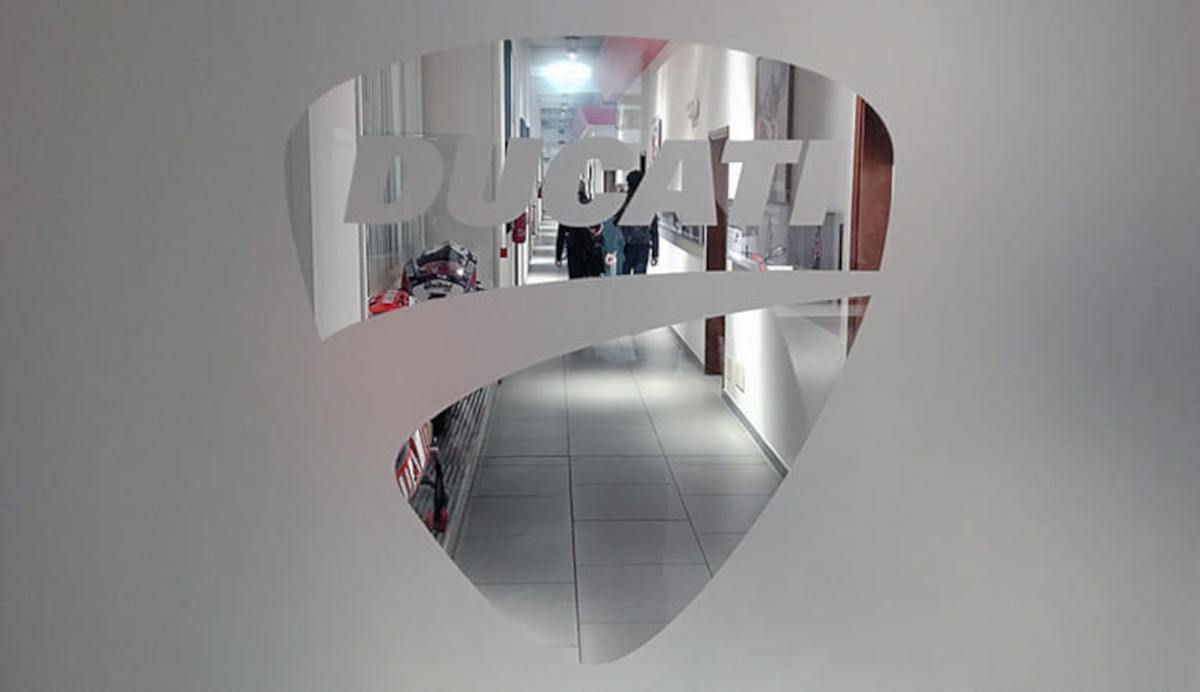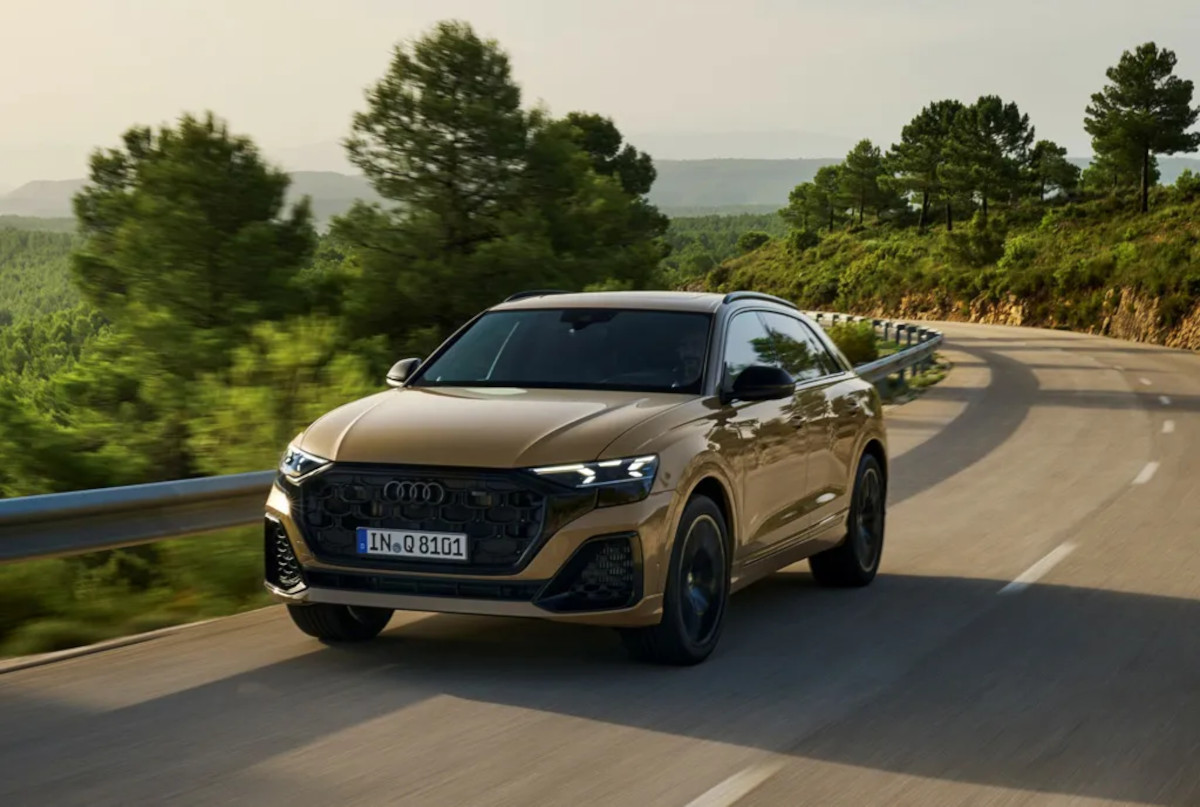The data showcases the sales of various luxury carmakers for August 2023 compared to August 2022. Here’s a brief analysis based on the figures:
1. Mercedes-Benz:
- Despite retaining the top spot, Mercedes-Benz witnessed a decrease in sales by 4% (down by 43 units) when compared to August 2022. The reasons could be multifaceted – ranging from supply chain issues, changing consumer preferences, or increased competition.

Source : Team-BHP
2. BMW:
- BMW showed a commendable performance, with sales increasing by 15% (an additional 135 units) in August 2023 compared to the same month the previous year. This might indicate a successful product launch, more aggressive marketing, or a favourable reception by consumers.
3. Jaguar Land Rover (JLR):
- JLR also exhibited growth with a 39% increase in sales (an additional 67 units). While the absolute numbers are lower than the likes of Mercedes and BMW, the percentage growth indicates that JLR might be making headway in the market.
4. Volvo:
- Volvo sales grew by 26%, representing an increase of 30 units compared to August 2022. This growth, although not massive in absolute numbers, demonstrates that the brand is gaining traction.
5. Audi:
- Despite only selling 79 units (which are CBUs – Completely Built Units, meaning they’re imported in their entirety without being assembled locally), Audi displayed a robust 76% growth compared to August 2022. This could suggest that Audi is focusing on selling premium models or niche products, or perhaps they’re facing supply chain constraints.
6. Porsche:
- Porsche also displayed growth, with sales going up by 27%, which translates to an increase of 16 units from the previous year.
Overall Analysis:
The luxury car market, as represented by these brands in the data provided, seems to be on a general upward trend, with most brands showing growth when compared to the previous year. Only Mercedes-Benz showed a decrease, but it’s slight and they still hold the top spot.
Economic factors, new model releases, changing consumer preferences, global issues, and brand-specific strategies can all influence these figures. If interested in a deeper analysis, one would need to consider these external factors, reviews of the cars, marketing campaigns, and other aspects that can influence consumer purchasing decisions.
Source: Team-BHP

































